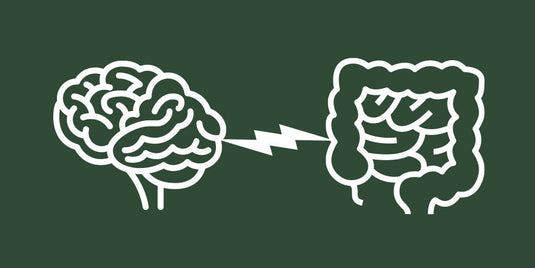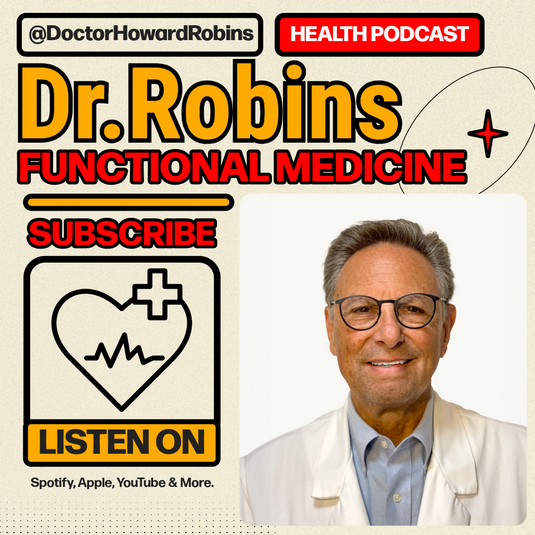Improve Sleep Quality Naturally
The connection between probiotics’ ability to help with sleep deprivation / chronic fatigue syndrome is a promising, emerging area of research that continues to be explored. Some studies suggest that probiotics may have indirect effects on improving sleep quality and duration, but direct evidence is still limited.
What is Sleep Deprivation?
“Sleep deprivation is when you aren’t sleeping enough, or you aren’t getting good, quality sleep. When it’s severe or happens over an extended period, it can cause very disruptive symptoms that interfere with even the most routine activities. Long-term sleep deprivation can worsen many major health conditions. This condition is usually treatable.” My Cleveland Clinic.
Doctor’s Biome suggests a holistic treatment approach to sleep deprivation, such as the use of our signature probiotics, which is certainly a better choice than pharmaceuticals.
Probiotics are live microorganisms that, when consumed in adequate amounts, can provide a multitude of health benefits to the host. They are already commonly known for their positive effects on gut health and overall immune function. However, recent studies have shown that the gut microbiota, which consists of trillions of microorganisms that reside in our intestines, may also influence various aspects of overall health, including sleep.
Research has revealed a bidirectional communication pathway between the gut and the brain, known as the gut-brain axis. This axis allows for the exchange of signals and molecules between the gut microbiota and the central nervous system, potentially impacting brain function and behavior. Sleep deprivation is a common complaint, and this exchange of signals and molecules may prove to have a positive effect ultimately improving this annoying malady.
Preliminary research suggests that probiotic supplementation may improve sleep quality in certain populations. For example, a small study involving people with chronic fatigue syndrome, also known as myalgic encephalomyelitis, found that a combination of probiotics did improve their sleep parameters compared to a placebo group. A different study conducted specifically on older adults demonstrated that a multi-strain probiotic supplement led to improvements in sleep quality and duration as well.
“Disturbances in intestinal microbial ecology and in the immune system of the host have been implicated as a part of the pathogenesis in chronic fatigue syndrome. Probiotic lactic acid producing bacteria have been shown to prevent and alleviate gastrointestinal disturbances and to normalize the cytokine profile which might be of an advantage for patients suffering from chronic fatigue syndrome.” Nutrition Journal
What is Chronic Fatigue Syndrome?
"Myalgic encephalomyelitis / chronic fatigue syndrome (ME/CFS) is a serious, long-term illness that affects many body systems. People with ME/CFS are often not able to do their usual activities. At times, ME/CFS may confine them to bed. People with ME/CFS have severe fatigue and sleep problems. ME/CFS may get worse after people with the illness try to do as much as they want or need to do. This symptom is called post-exertional malaise (PEM). Other symptoms can include problems with thinking and concentrating, pain, and dizziness." Centers for Disease Control and Prevention.
The exact mechanisms underlying the potential effects of probiotics on sleep are still being investigated. It is believed that probiotics may modulate the gut microbiota composition and increase the production of certain compounds, such as neurotransmitters and short-chain fatty acids, which can affect sleep regulation.
While these findings are promising, it is important to note that the research in this area is still in its early stages, and more studies are needed to establish a direct and definitive connection between probiotics and sleep deprivation. Additionally, individual responses to probiotic supplementation may vary, and the specific strains and dosages required to exert sleep-related benefits are yet to be determined.
If you are experiencing sleep deprivation or other sleep-related issues, it is advisable to consult a healthcare professional who can provide personalized recommendations and guidance.
*These statements have not been evaluated by the Food and Drug Administration. This product is not intended to diagnose, treat, cure, or prevent any disease.


![THE DOCTOR’S BIOME® DIFFERENCE [We Have the Smarts and the Charts]](http://doctorsbiome.com/cdn/shop/articles/DB_Difference_Infographic_27fc57ba-5eda-489e-b6d1-45f50e7c49a8_535x.jpg?v=1748981561)

